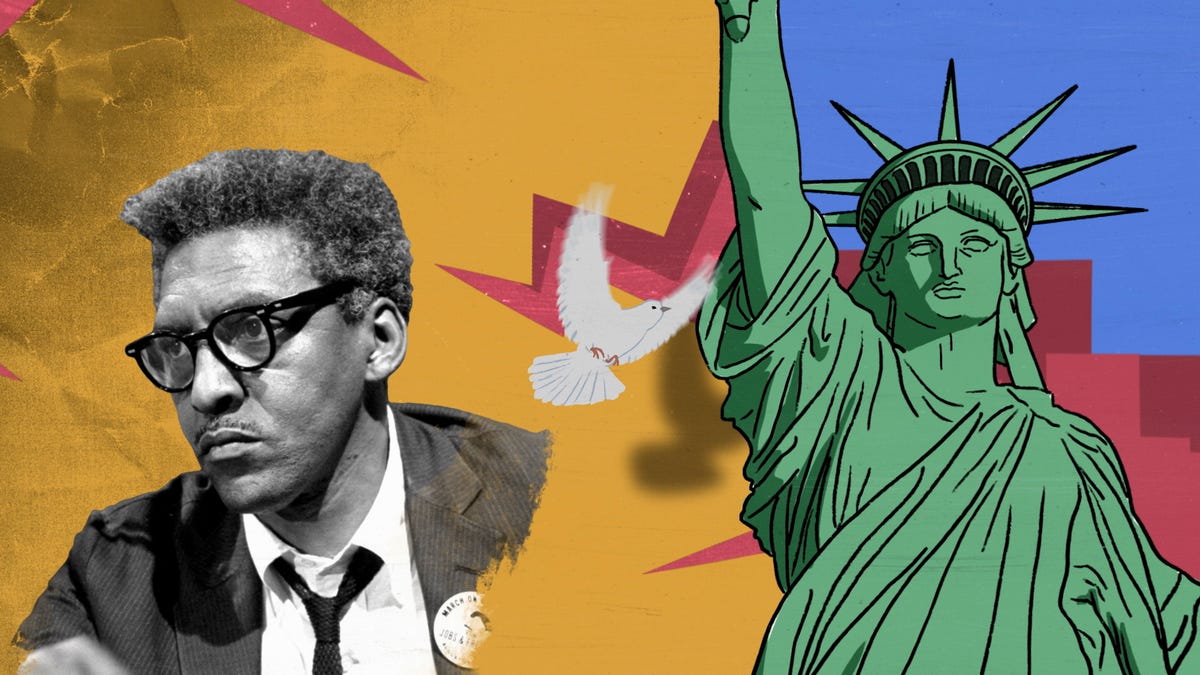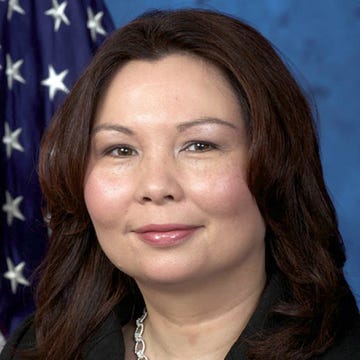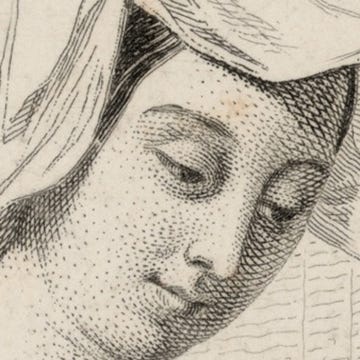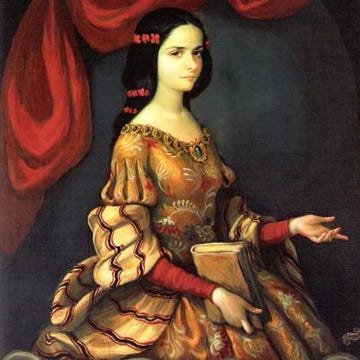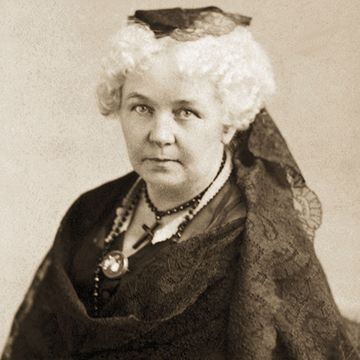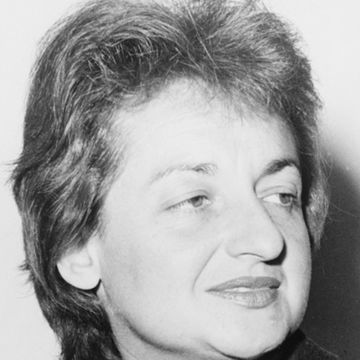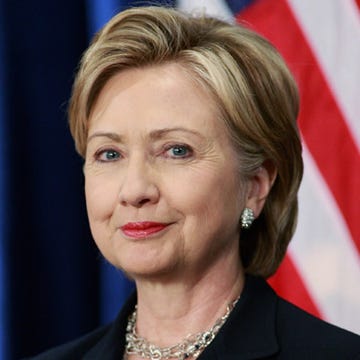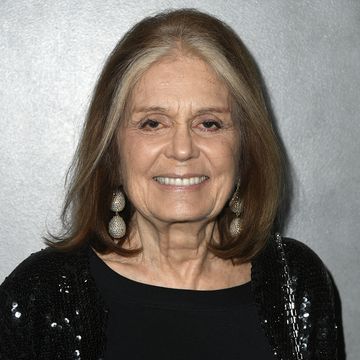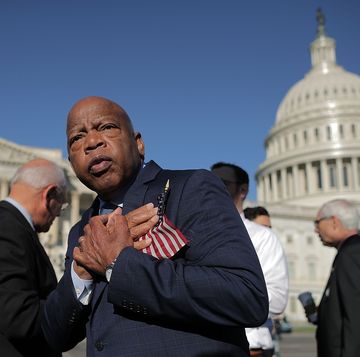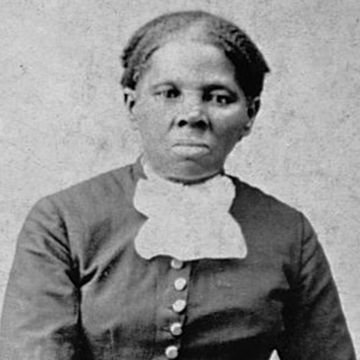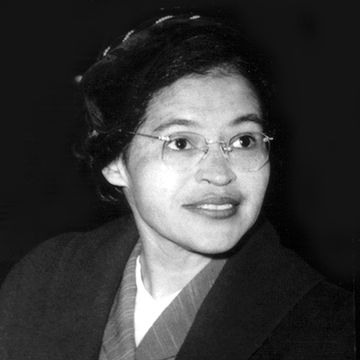(1920-1998)
Who Was Bella Abzug?
In the 1960s, Bella Abzug became involved in the anti-nuclear and peace movements and helped organize the Women Strike for Peace in 1961. To promote women’s issues and to lobby for reform, she helped establish the National Women’s Political Caucus with Betty Friedan and Gloria Steinem, and to have a greater impact on the political process, she served in the House of Representatives from 1971 to 1977.
Early Life and Education
Born Bella Savitsky on July 24, 1920, in New York City, Abzug spent much of her life fighting social and political change. Bold and outspoken, she was a leading liberal activist and politician in the 1960s and 1970s, especially known for her work for women’s rights.
The daughter of Russian immigrants, Abzug grew up in the Bronx, New York, where her father ran a butcher shop. She decided at an early age that she wanted to be a lawyer. At Hunter College, Abzug demonstrated her natural leadship abilities as the president of the student council there. She went on to earn her law degree from Columbia University in 1947. Abzug had applied to the Harvard Law School, but she was rejected because of her gender.
Lawyer and Activist
After graduating from Columbia University's law school, Abzug worked as a lawyer for a number of years. She started in labor law and then moved on to tackling civil rights cases. While working for the American Civil Liberties Union, she took on the Willie McGee case. McGee, an African American man, was convicted of raping a white woman in Mississippi. He was sentenced to death for this crime, but many were not convinced of his guilt. Abzug faced numerous threats from white supremacists for her involvement in the case. Despite the personal risk, she managed to get his death sentence delayed by appealing his conviction. All of her efforts failed, however, and McGee was executed in 1951.
Abzug also defended many people who had been accused of communist activities by Senator Joseph McCarthy. In the 1960s, she became involved the anti-nuclear and peace movements. Abzug helped organize the Women Strike for Peace in 1961. To promote women’s issues and to lobby for reform, she helped establish the National Women’s Political Caucus with leading feminists Friedan and Steinem.
Crusading Congresswoman
To have a greater impact on the political process, Abzug ran for Congress in 1970, winning a seat in the House of Representatives. She took office in 1971, and she made a bold move on her first day in Congress. Abzug introduced a bill to remove all U.S. troops from Vietnam. While the measure didn't pass, the bill was just the first of many efforts by Abzug to advance the causes she believed in.
Abzug became famous for and oftentimes criticized for her outspokenness on the issues. She fought tirelessly for women's rights and for civil rights in general. In 1975, Abzug made history when she introduced the first gay rights bill in Congress. She became one of Washington's most colorful characters, usually sporting one of her trademark hats. But the hats weren't just an interesting fashion choice. She once explained that when she started her career that "working women work hats. It was the only way they would take you seriously," according to the Boston Globe.
Later Career
In 1976, Abzug ran for the U.S. Senate. She suffered a heartbreaking defeat to Daniel Patrick Moynihan, losing by a margin of only 1 percent. After leaving the House in 1977, Abzug made a bid for mayor of New York City, but lost to Ed Koch in the primaries. She was appointed by President Jimmy Carter to co-chair the National Advisory Committee for Women in 1978. Carter dismissed the outspoken Abzug the following year.
Abzug tried again for public office in 1986. She ran for a seat in the House of Representatives for New York's Westchester County, but she lost out to her Republican opponent. While public office eluded her, she continued to work on many causes in the 1980s and 1990s. Abzug also established the Women’s Environmental Development Organization.
Final Years and Death
In the mid-1990s, Abzug began to have health problems. She battled breast cancer, but she didn't let the disease prevent her from doing her life's work. She traveled to China in 1995 for the United Nations Fourth World Conference on Women.
In early 1998, Abzug was admitted to a New York City hospital with heart trouble. She died on March 31, 1998, from complications following heart surgery.
Friends and allies mourned the passing of this great political powerhouse. Her onetime opponent, Koch, said, "The women of the world, not just the country, owe her a great debt. She stood up for them as nobody else. She was their champion," he told the Boston Globe.
Today the Bella Abzug Leadership Institute is working to maintain her legacy. The organization helps support and train young women to become the leaders of tomorrow.
Personal Life
Abzug was married to Martin Abzug from 1944 until his death; the couple had two daughters.
QUICK FACTS
- Birth Year: 1920
- Birth date: July 24, 1920
- Birth State: New York
- Birth City: New York
- Birth Country: United States
- Gender: Female
- Best Known For: Bella Abzug was a leading liberal activist and politician in the 1960s and 1970s, especially known for her work for women’s rights.
- Industries
- Law
- U.S. Politics
- Civil Rights
- Astrological Sign: Leo
- Schools
- Columbia Law School
- Hunter College
- Columbia University
- Walton High School
- Death Year: 1998
- Death date: March 31, 1998
- Death State: New York
- Death City: New York
- Death Country: United States
Fact Check
We strive for accuracy and fairness.If you see something that doesn't look right,contact us!
CITATION INFORMATION
- Article Title: Bella Abzug Biography
- Author: Biography.com Editors
- Website Name: The Biography.com website
- Url: https://www.biography.com/activists/bella-abzug
- Access Date:
- Publisher: A&E; Television Networks
- Last Updated: May 12, 2021
- Original Published Date: April 2, 2014
QUOTES
- Maybe we weren't at the Last Supper, but we're certainly going to be at the next one.

